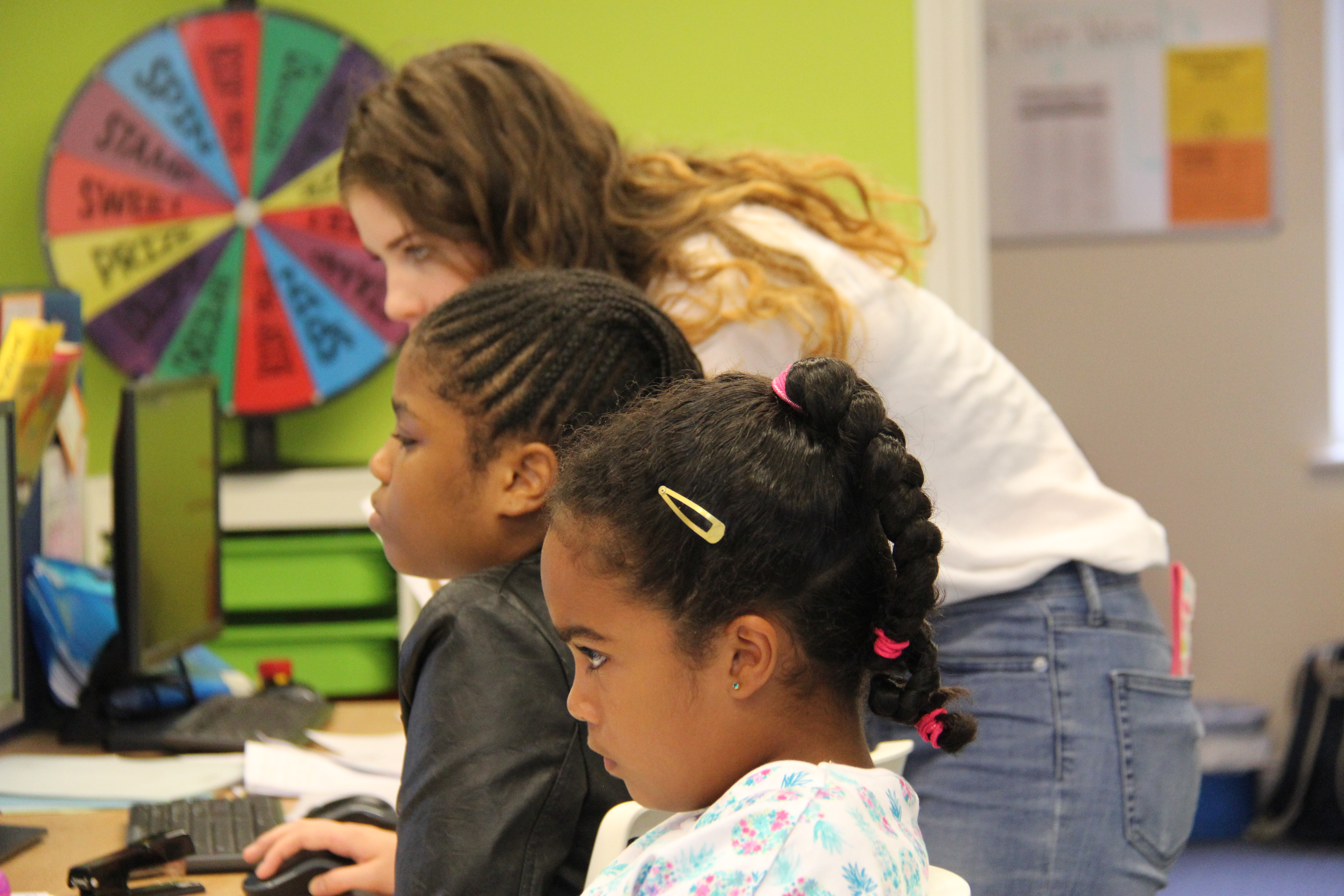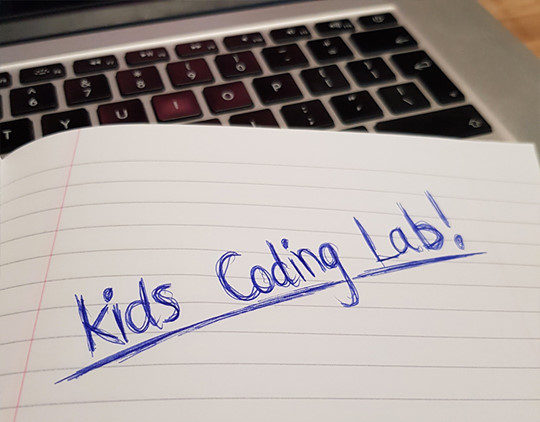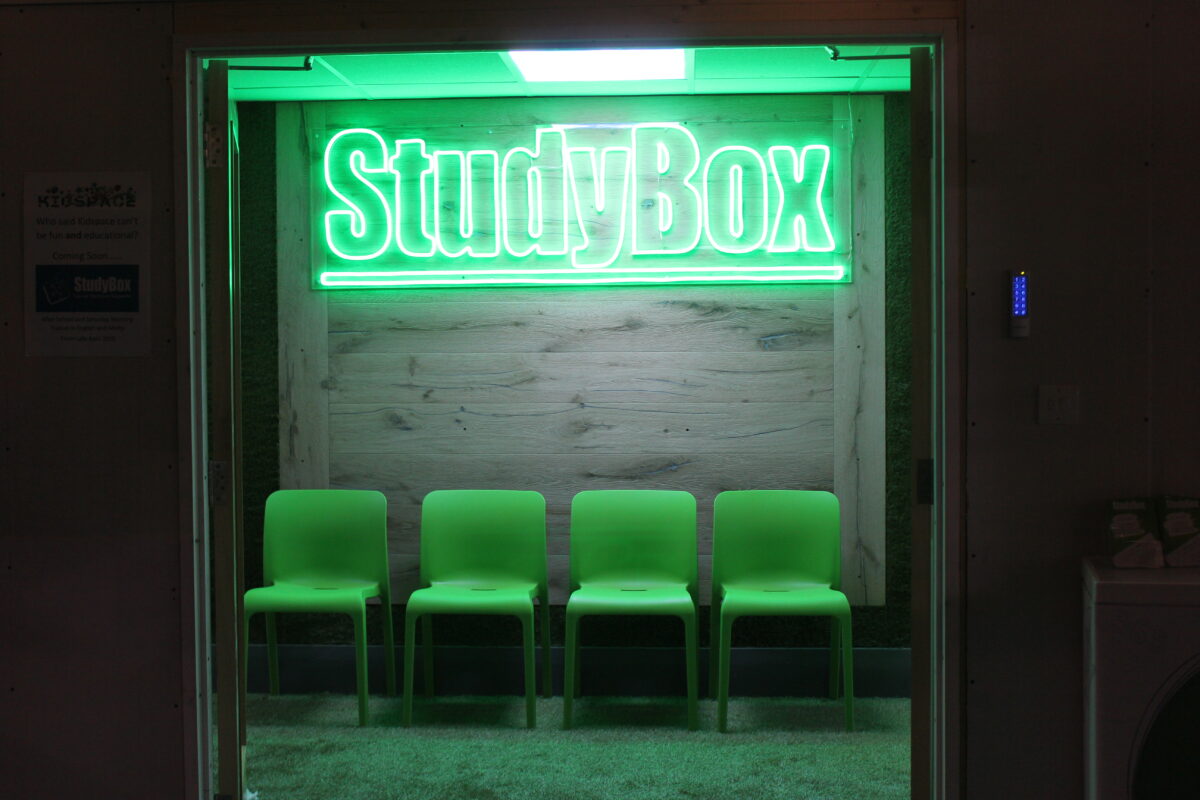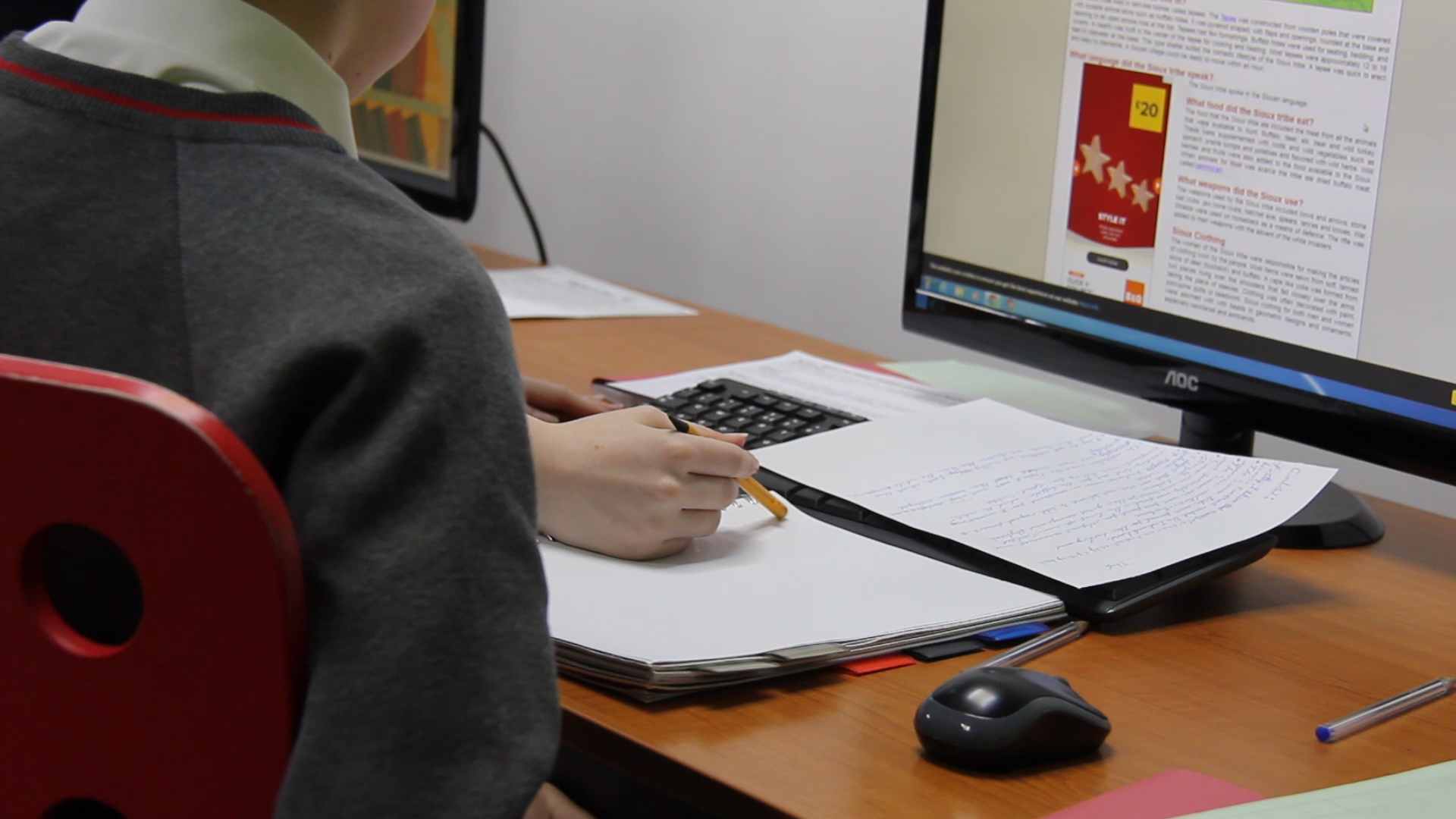Top 10 Tips to Prevent Summer Learning Loss

The summer holidays are a well deserved break after a year of hard work. Key exams like SATs, the Eleven Plus and GCSEs are challenging and take months of preparation, so the 6-week break is certainly rewarding. Read on for StudyBox’s Top 10 Tips to prevent the Summer Learning Loss.
During this long break, it is easy to forget the work learnt throughout the past academic year. This means it can be easy to fall behind when starting primary and secondary school again in September.
Sometimes secondary schools set work for new year 7 students in order to prepare them for their new chapter. But often, primary schools are unable to assign tasks due to teachers and classrooms changing when moving up a year.
Keeping younger children engaged in learning is especially important to promote growth. They are not yet at the age where they can participate in activities during the summer holidays like work experience or volunteering.
This is why revisiting learning tasks is vital for promoting growth and keeping up to date during the summer break. Summer tuition at StudyBox is open throughout the summer holidays, providing maths and English activities to keep children’s brains engaged and prevent the summer learning loss. We also offer an exciting Kids Coding Course, for those interested in technology, or want to try something new! We believe tuition is important to keep building upon what was learnt in the previous school year, as well as learning new material. Follow our top tips to prevent the summer learning loss.
Top 10 Tips to Prevent the Summer Learning Loss:
1. Tuition
Try our English, maths and coding sessions during the summer with StudyBox.
2. Reading
Find a gripping book and read in the sun!
3. Creative Writing
Creative writing is fun and develops literacy skills. Design some fun storytelling tasks with your child.
4. Practice Papers
Put aside some time for completing mock exam papers. You can set the papers in exam conditions or go through the papers with your child.
5. Arts & Crafts
Encourage children to draw and make art this summer. You can even go on daytrips to art galleries, many of them are free!
6. Cooking & Baking
Get hands-on with the kids and bake muffins or involve them with cooking the dinner, cooking is a skill for life.
7. Educative Games
Brain games are fun and rewarding. Print out Sudoku puzzles or play a game of scrabble together.
8. Learning Apps
There are hundreds of educational apps for children, available on smart phones, tablets and computers. If you don’t have access to these, why not take a trip to your local library and use the computer for educational online games. While you’re there, borrow a book, too!
9. Learn a Language
Take the 6 weeks off as an opportunity to learn a new language, or improve on a language that your child is learning. There are many ways to do this: downloading apps (like Duolingo), using the internet for videos or interactive websites, or purchase children’s reading books in the desired language.
10. Fun activities
Despite the importance of keeping the brain active during the long break, don’t forget to have fun! Keep active and go on a bike ride, go swimming and go on day trips, fly a kite – the activities are endless!
Sign up for summer tuition packages with StudyBox now!
Available from Monday 22nd July – Saturday 31st August 2019.
Book your free trial here.









